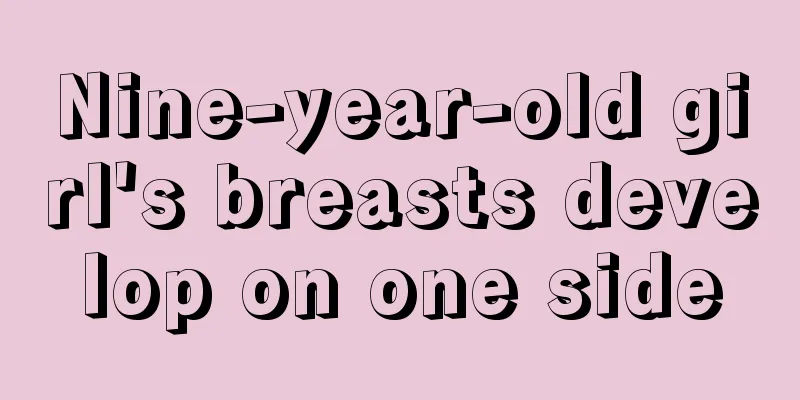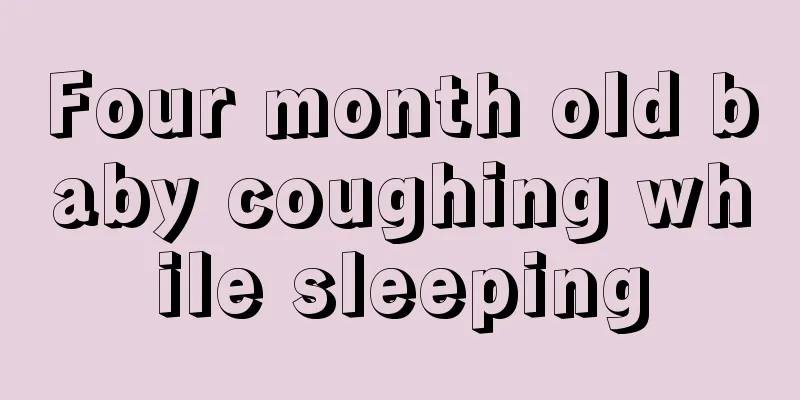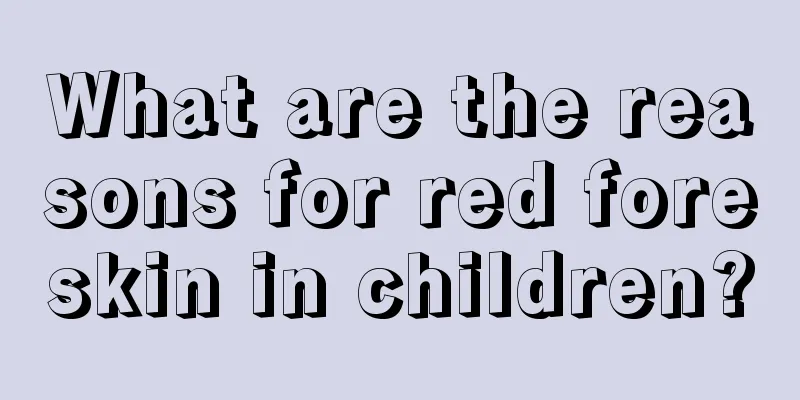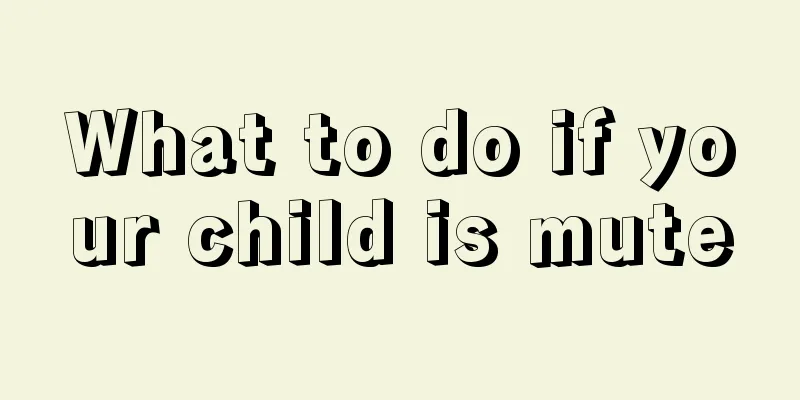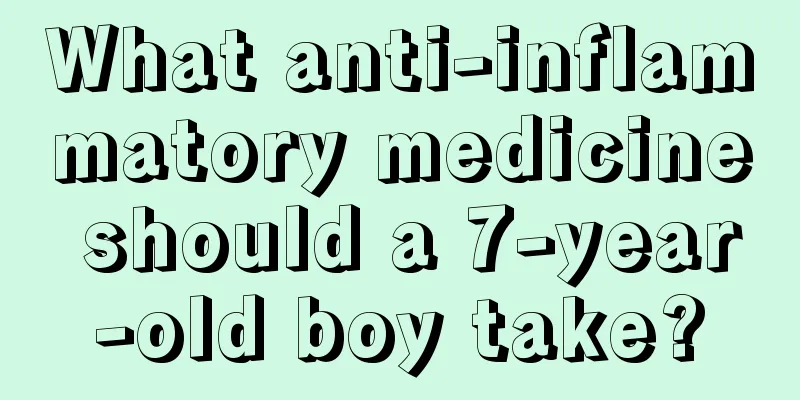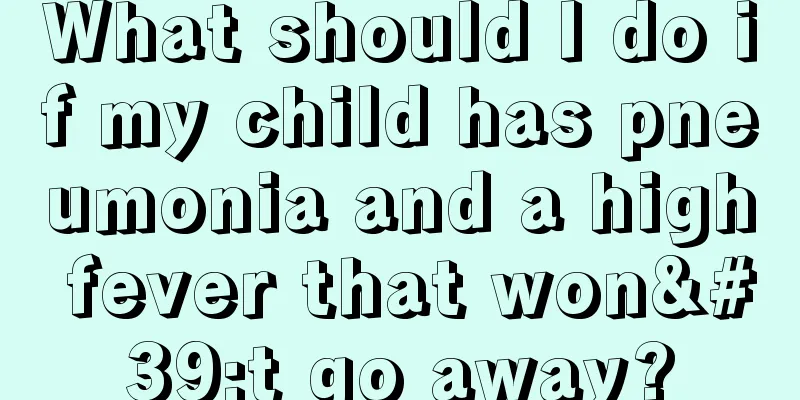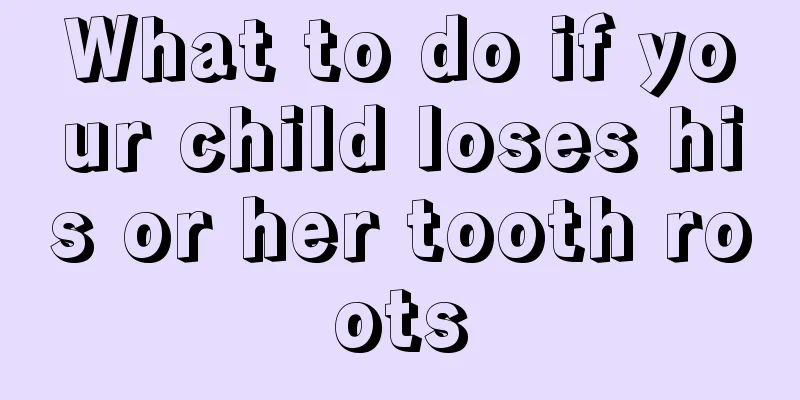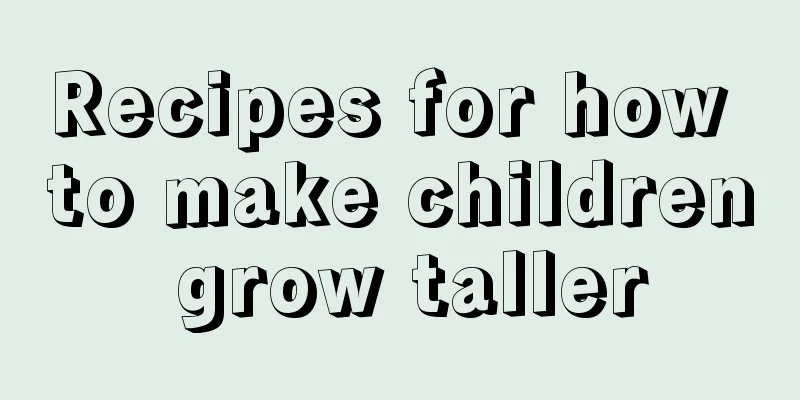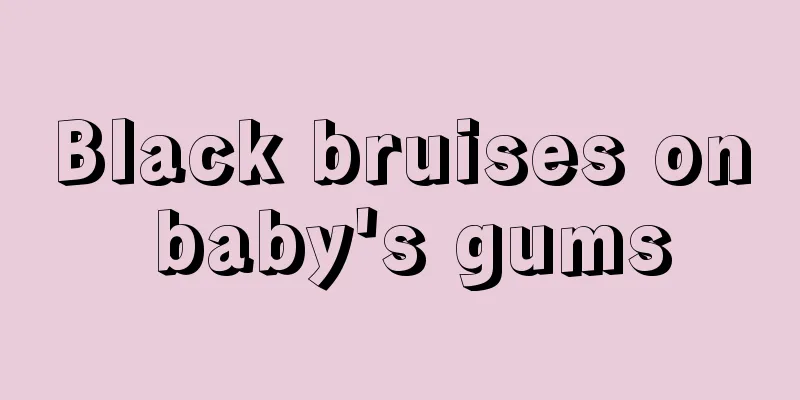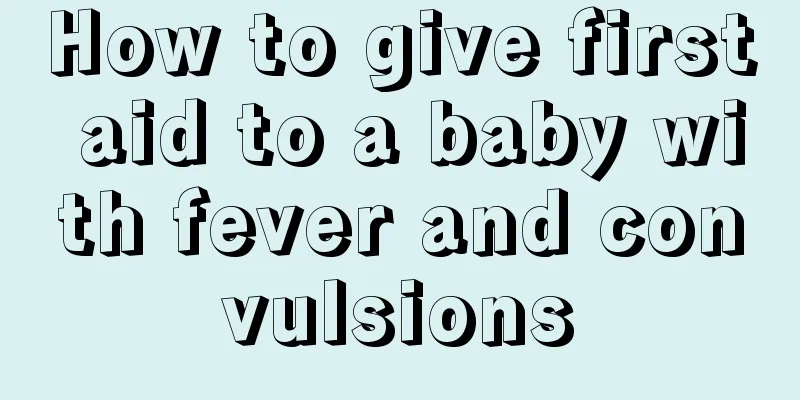What should I do if my child has mild encephalitis?
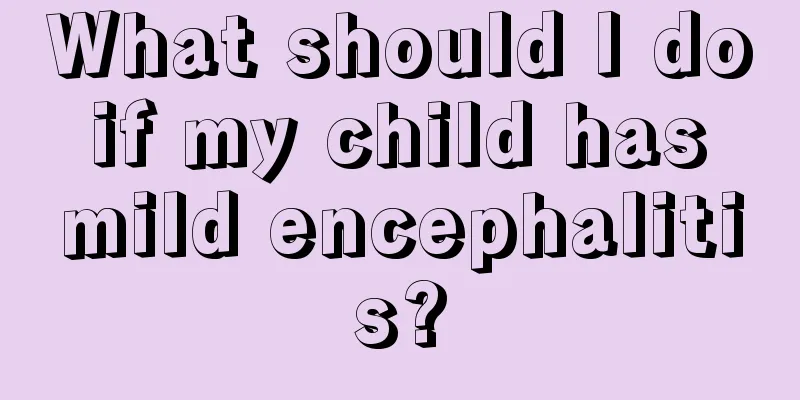
|
Encephalitis refers to an inflammatory lesion caused by the invasion of brain parenchyma by pathogens. It can occur at any age and is usually acute or subacute. The main cause of its occurrence is viral infection. There are many manifestations of encephalitis. Among them, encephalitis in children may manifest as fever, tears, runny nose, etc., and the harm of encephalitis in children is serious. What should I do if my child develops encephalitis? 1. When the fever is high, the room temperature should be lowered. Physical cooling should be performed on the patient, such as alcohol bath, warm water bath or ice pack. Analgin can be used for nasal drops or intramuscular injection of Bupleurum. If the fever persists or is accompanied by convulsions, sub-hibernation therapy can be used (using chlorpromazine and promethazine 0.5-1 mg/kg each time). 2. To control convulsions, antispasmodics can be used, such as phenobarbital sodium 5-8mg/(kg.time), intramuscular injection; diazepam 0.1-0.3mg/(kg.time), intramuscular injection or intravenous injection, but it should not be used immediately after phenobarbital to prevent respiratory depression; chloral hydrate 40mg/(kg.time), retention enema; paraformaldehyde 0.15-0.2ml/(kg.time), intramuscular injection, the maximum dose should not exceed 5ml. The above antispasmodics can be used once every 4-6 hours, in rotation. In addition, if the convulsion is caused by cerebral edema, dehydration drugs should be given; if it is caused by respiratory secretion blockage, insufficient ventilation and brain cell hypoxia, sputum suction, oxygen administration, tracheotomy and pressurized breathing should be performed if necessary; if it is caused by high fever, cooling treatment should be given. 3. Treatment of respiratory failure First, analyze the cause of respiratory failure and take emergency measures. Keep the airway open and give oxygen. Dehydrating agents, adrenocortical hormones, respiratory stimulants, etc. can be used for patients with respiratory failure due to brain parenchymal inflammation, cerebral edema, and brain hernia. When children develop encephalitis, the effects can be more serious. Even mild encephalitis requires timely symptomatic treatment. The treatment is mainly to reduce temperature, control convulsions, and rescue respiratory failure. Encephalitis in children is mostly an acute infectious disease. This disease can actually be prevented early, and prevention is far more important than treatment. |
<<: What should we do if children have gastrointestinal dysfunction?
>>: What is the cause of aplastic anemia in children?
Recommend
How to effectively treat children's rhinitis?
How to treat children's rhinitis? In fact, th...
Can a two-year-old baby clean earwax?
Do not clean the earwax directly for a two-year-o...
What are the causes of cerebral atrophy in children?
Infantile brain atrophy is also known as spinocer...
Why does a 6-year-old boy urinate frequently?
Symptoms of frequent urination and urgency are mo...
What can my baby eat to get better quickly when his runny nose comes out?
Children have relatively weak resistance and are ...
Why do children bite their tongues?
Many parents have experienced their children biti...
How to care for your baby with viral cold and fever
Viral cold is a disease that babies are more like...
What are the dietary considerations for children with precocious puberty?
The keyword "precocious puberty" has oc...
Why does my baby love to sleep on his stomach?
Some of the baby's daily habits reflect the b...
Reasons why babies cry when they sleep
I believe that most parents are familiar with the...
How tall is a three year old child?
We all know that as babies grow day by day, they ...
How to treat urticaria caused by damp-heat constitution?
Urticaria is generally called wind bumps. It is a...
How to treat hemangioma on children's lips?
When a child is born, the family will definitely ...
Why do children have late teething?
Everyone knows that children grow teeth, especial...
How to guide children to have a good nap
Children are still young, and their bodies need t...
